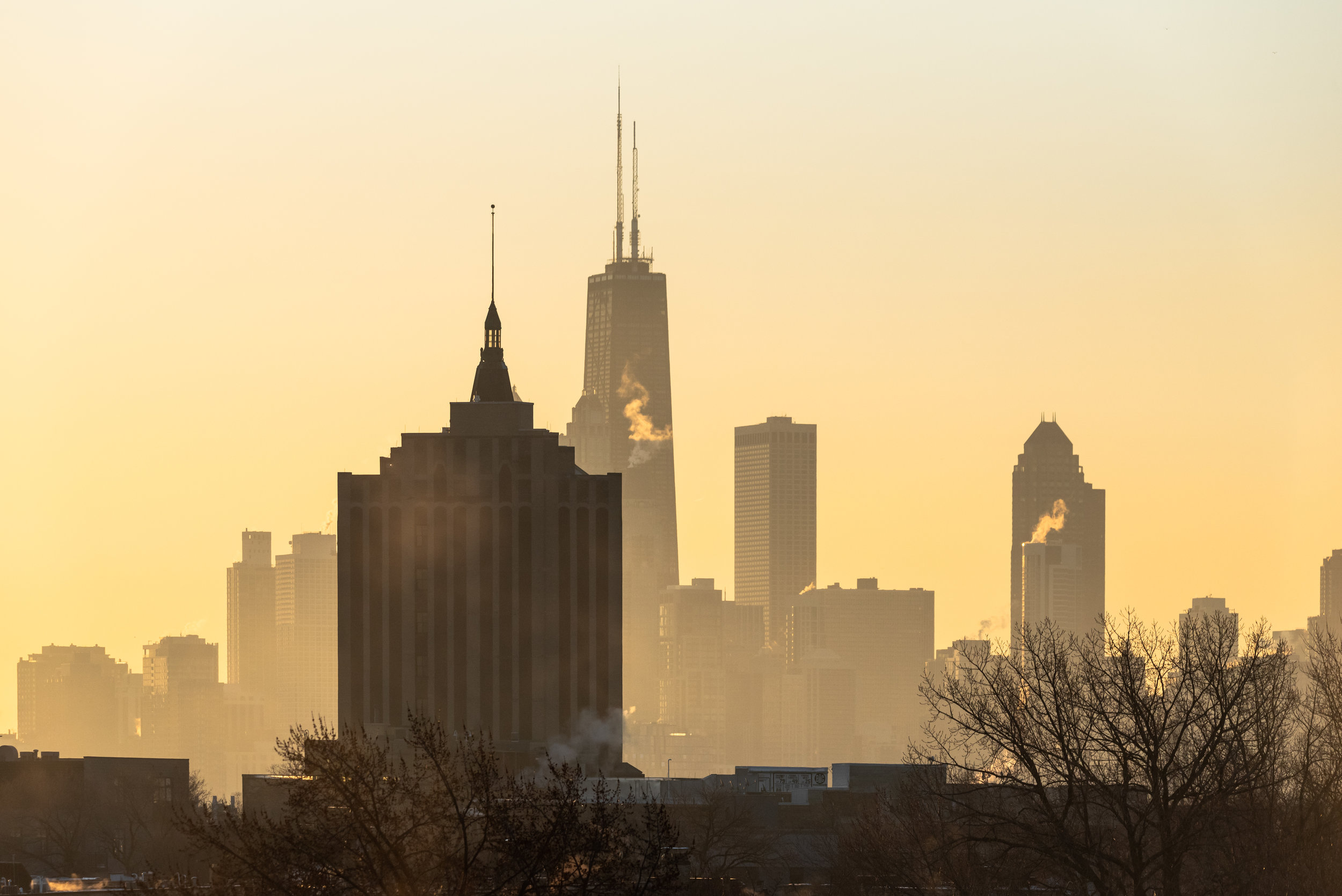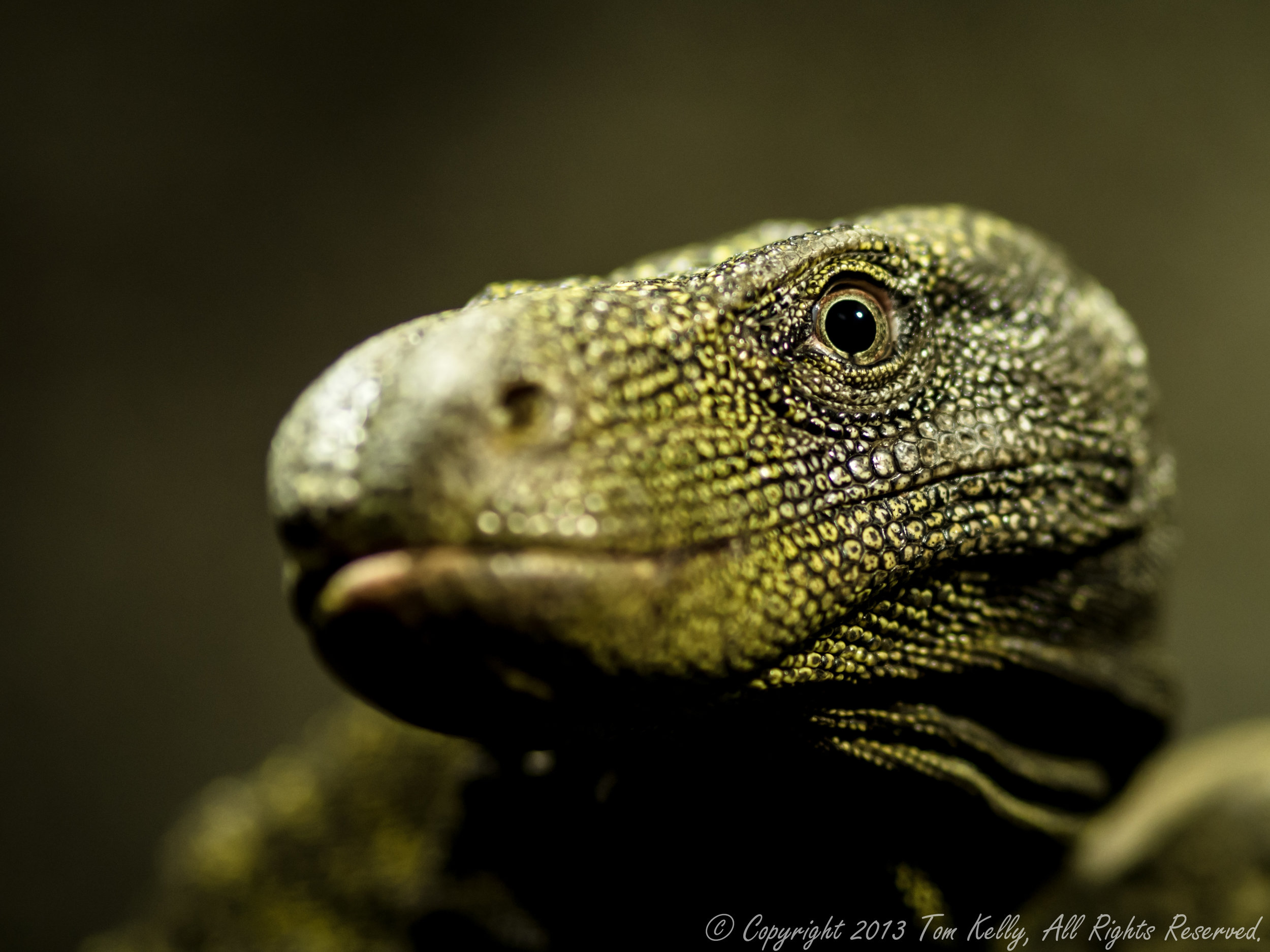in 2010 I re-discovered my love for photography and in a world where many are now switching from DSLR to Mirrorless I actually went the other way. I picked up a Panasonic GF1 and a 20mm f1.7 and for its time, it was a wonderful little camera. Easy to take with you, unobrtrusive and had image quality that wasnt a million miles away from crop DSLR’s of the same time. I then moved on from that to an Olympus EM5 which felt like a massive step forward. The image quality when paired with high quality lenses I loved and if you can work with the benefits of the crop vs only thinking about the negatives, then that little camera could do wonderful things.
Even ten years on, I still love some of the images from the Olympus EM5 paired with a 40-150mm 2.8 PRO
As my needs evolved, I always aspired as many do to “go full frame” and I fully understand all the history to that little piece of marketing. In any case, when Nikon brought out the Df, I fell in love and had to have one and at that point moved away from the early Mirrorless cameras onto traditional DSLR’s and have been there since. Having owned and loved a Df, D750 and D850 and in buying my D850 I chose to stay in the DSLR world for one more round.
Mirrorless vs DSLR
Over the past decade, mirrorless cameras have rapidly gained popularity among photographers, while DSLRs have remained the go-to camera for professionals and enthusiasts alike. But as technology advances, it's worth considering where the future lies for these two camera types.
Still much prefer an optical viewfinder for fast moving action - Nikon D750 + Sigma 150-600mm
DSLR, or Digital Single-Lens Reflex, cameras use a mirror and prism system to reflect the image from the lens into the viewfinder. Mirrorless cameras, on the other hand, don't have a mirror and use a digital display to show the image. While DSLRs have been around for decades, mirrorless cameras are a newer development, and they're becoming increasingly capable and affordable.
So, where does the future lie with DSLR vs. mirrorless cameras? Let's take a closer look at the advantages and disadvantages of each and what might lie ahead for these two camera types.
Advantages of DSLR Cameras
One of the most significant advantages of DSLR cameras is their optical viewfinder. It allows you to see the scene as it appears in real life, and many photographers prefer it for its clarity and natural-looking colors. DSLRs also have a longer battery life and generally offer better autofocus performance, particularly in low light.
DSLRs tend to have a larger (and much more reasonably priced) selection of lenses and accessories available, making it easier to find the perfect gear for your specific photography needs. Additionally, DSLRs are known for their ruggedness and durability, which makes them an excellent choice for photographers who need a camera that can withstand harsh conditions.
Advantages of Mirrorless Cameras
Mirrorless cameras have several advantages over DSLRs, the most notable of which is their size and weight. Mirrorless cameras are significantly smaller and lighter than DSLRs, making them easier to carry around and use for extended periods. Mirrorless cameras also tend to be faster and more versatile than DSLRs, thanks to their electronic viewfinders and continuous autofocus.
The electronic viewfinder in a mirrorless camera can display a more accurate preview of the image you're about to capture. Additionally, many mirrorless cameras can shoot at faster frame rates than DSLRs, making them ideal for capturing action and fast-moving subjects.
Mirrorless cameras have also been leading the way when it comes to video capabilities, with many models offering 4K video and advanced features like focus peaking and zebra stripes.
What Lies Ahead for DSLR and Mirrorless Cameras
As we look ahead to the future of DSLR vs. mirrorless cameras, it's likely that mirrorless cameras will continue to gain popularity and market share. Mirrorless cameras have been outpacing DSLRs in terms of innovation and technological advancements, and they're likely to continue to do so in the coming years.
That being said, DSLRs will likely continue to have a place in the photography industry, particularly among professionals who value their ruggedness, durability, and optical viewfinders. Additionally, DSLRs have a massive library of lenses and accessories available, which could make them more appealing to photographers with specific needs.
In the end, the choice between a DSLR and a mirrorless camera will come down to personal preference and the specific needs of the photographer. Both types of cameras have their advantages and disadvantages, and there's no one-size-fits-all solution. However, it's clear that mirrorless cameras are on the rise and will continue to push the boundaries of what's possible in photography and videography.
I made the decisiion to stay in the DSLR world for one more cylce and when my D850 inevitably dies, will see how things have settled and make a decision. By then hopefully equivelant lenses will have come down in price and the used market will be a bit more competetive!




